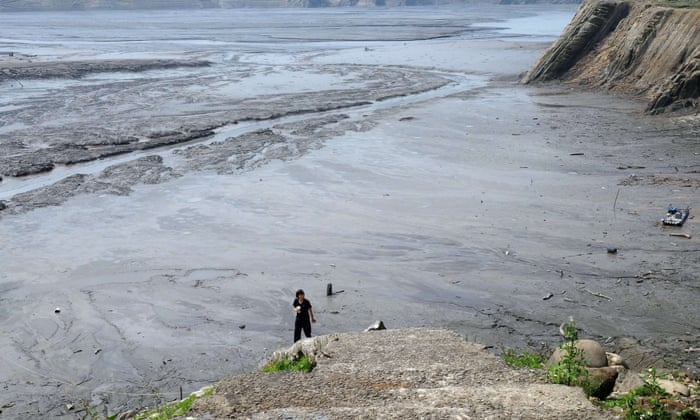Over one million households and businesses in Taiwan’s heavily industrialised central regions were on Tuesday put on water rationing as the island battles its worst drought in 56 years.
The shortage which has been around for a while is expected to particularly impact the water-intensive microchip manufacturing sector during a global shortage of semiconductors that power everything from cars to iPhones and computers.
The state water company is now cutting supplies in Taichung, Miaoli and northern Changhua county for two days a week, with the government warning it must ‘prepare for the worst‘.
Read Also: Taiwan Rejects China Spy Claims As ‘Creating Terror’
On rationing days, various restrictions are in place, including no shampoo treatments at hair salons and no car washes at gas stations.
The dry spell comes after no typhoons made landfall in Taiwan last year for the first time in 56 years.
In southern Tainan city, water levels at the island’s largest reservoir Tsengwen were less than 12 percent, while the Baihe reservoir was completely dry, according to the Water Resources Agency.
The worsening water shortage could hamper the island’s plan to plug worldwide, pandemic-driven microchip shortages by ramping up production.
Taiwanese high-tech chip foundries are some of the world’s biggest and most advanced, and European and American car manufacturers have been reaching out to Taipei for help.
Tougher restrictions imposed from February have seen factories and industrial zones forced to slash water usage by up to 15 percent in some central and southern parts of the island.
Two major science parks in central Taichung city where much of the high-tech businesses are located are not subject to rationing, officials said.
Taiwan Semiconductor Manufacturing Company (TSMC), the world’s largest contract microchip maker, has initiated measures like reducing water usage and trucking in water for some facilities.
Taichung city mayor Lu Shiow-yen said Tuesday that the government will prioritise water supplies to schools, medical centers, and social welfare facilities.
AFRICA TODAY NEWS, NEW YORK

